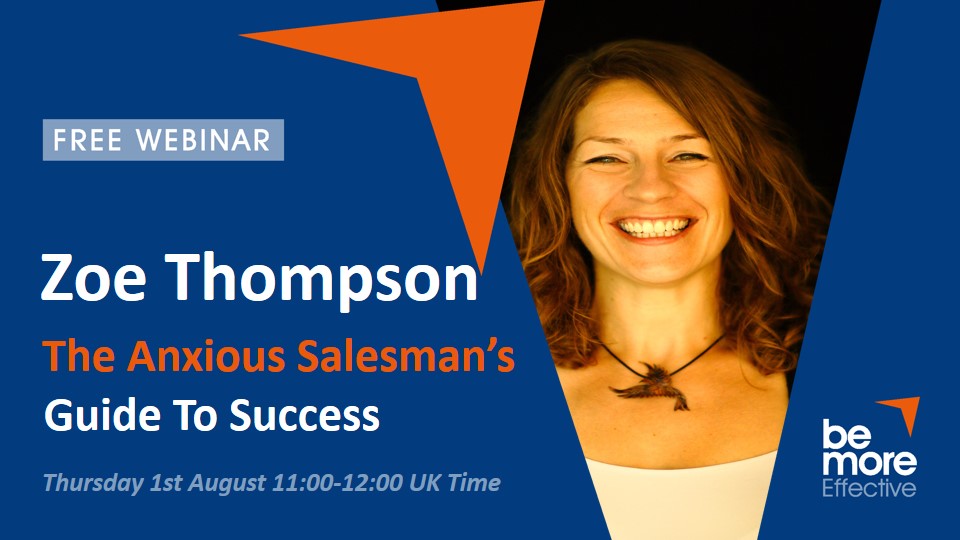The Past and the Future Part 2
While it’s true that the past does not necessarily determine your future, it can influence it, for good or for ill.
If, on the one hand, the company has gone to the wall, then the future may hold more struggles than it probably would have if it hadn’t. If on the other, business has never been better, then you may already be thinking about how to expand. Few people are ready to think about expansion from a position of bankruptcy, just as not many will be inclined to hold back when the resources and client base are there for growth.
Lessons Learned – really?
All too often, we hear politicians and senior executives talk about “lessons learned”. More often than not, however, it seems that no one who is empowered to do anything about it learns anything. The same mistakes are made again and again. You’d think that someone would record the lessons so that subsequent leaders could avoid screwing up. Apparently that’s another lesson that hasn’t been learned.
Your past can show you what worked and what didn’t. It can reveal what you need to change and a careful analysis can suggest a number of ways to do it. It’s when you don’t take a close look at these things that you miss those valuable opportunities to learn. With apologies to Oscar Wilde, “To make a mistake once is unfortunate; to make the same one twice begins to look like carelessness”.
Hindsight can be a wonderful thing as long as we learn from the mistakes of the past; but if we don’t do anything differently, then we have only ourselves to blame when things go wrong.
So how can we learn from the past?
In organizations, we use metrics. This is nothing more than a fancy term that describes the tools we use to compare results at the beginning with those at the end over some fixed period of time. If your business is a year old, then at the very least you’ll have a Profit and Loss statement to review; but even if you’re starting from scratch, you can define right now whatever it is that you want to measure in the future, make a note of the current state of affairs, and then evaluate it again in three months. You don’t need to wait an entire year.
This year is last year plus X%
Typically, organizations both private and public, plan their financial year on the basis of what happened during the previous one. You wouldn’t normally start with nothing – a concept called zero-based budgeting instituted by Jimmy Carter when he was governor of Georgia. You could do this, but to do so would rob you of the experiences of the past, from which you had hoped to learn. It would be as if they never happened. Imagine being given the opportunity to roll your life back a certain number of days, months or years, and then making the same mistakes all over again. That’s what ignoring your past looks like.
Questions can help evaluate the past
Apart from financial metrics, how else could you learn from your past? This is where a time of honest reflection can be helpful. We tend to remember those things that have a strong emotional experience connected to them. You could start by thinking about the big events in your personal life. Then ask yourself what was going on in your business. Think about things such as births, deaths, christenings, and graduations. Ask yourself what you were doing before you went on holiday and what you had to do when you got back. Write down what you remember. Then review the list. Chances are that you will think of other things that happened, too. Record them as well. The goal is not to remember everything; only that which will enable you to build up a picture of whatever it is that you want to measure.
When you have about 10 items, look for a pattern. Did you get the outcomes that you wanted? Did you tend to succeed on some things, but not others? What did the things you succeeded at have in common, and what did the things you failed at share?
Questions like that enable you to evaluate your past in such a way that lessons can be learned.
Regardless of the outcomes that you wanted, whether it was more leads or sales, motivated or engaged employees, change or anything else, discovering where you started and where you ended up is the beginning, because it is from that that you can create a plan that will take you from one to the other.
What lessons does your organization struggle to learn? What mistakes does it keep making? What is holding you back?
Winston Churchill once said that“we learn from history that we learn nothing from history”. Make your organization the exception.
If you want to be an exception, ask us about appreciative inquiry as a tool to unlock the potential in your organization – contact us here
For more information please send a message via the Contact Us Page. Or you can register for an upcoming webinar.


